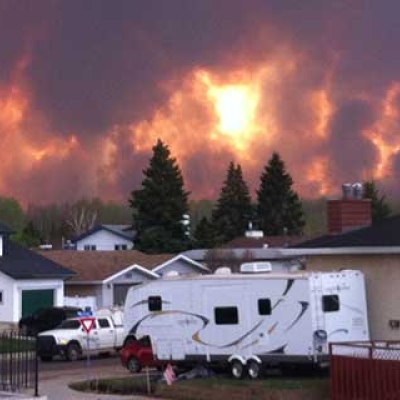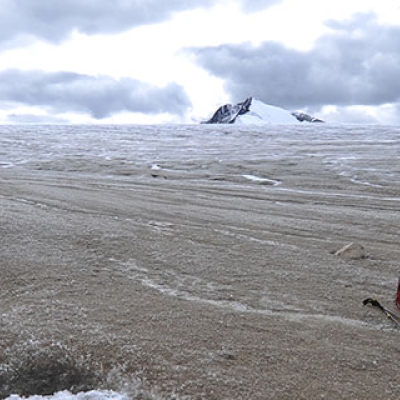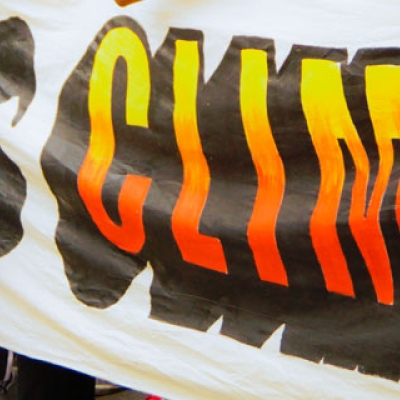From “California Wildfires Rip Through Parched Land,” to “Wildfires Force Thousands to Evacuate in Southern France,” to “Devastating Wildfire Can Be Seen from Space,” news headlines around the world reveal a new reality of devastating megafires. This summer, California’s Detwiler Fire burned over 80,000 acres and crept uncomfortably close to Yosemite National Park. In Canada, military aircrafts were called in to battle flames that ravaged British Columbia and forced the evacuation of nearly 40,000 people.










